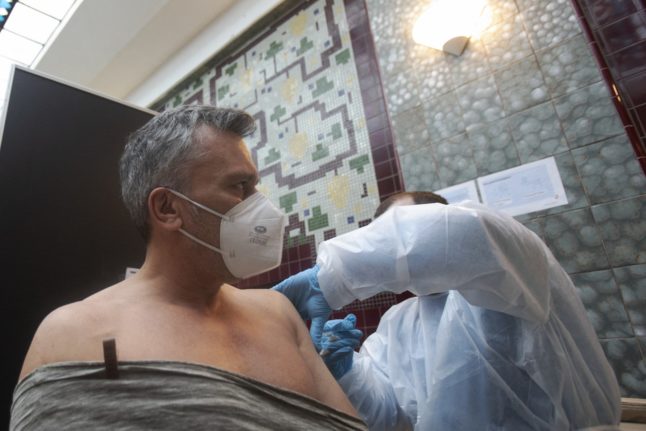3G in the workplace
Starting from November 1st, anyone who cannot rule out coming into contact with other people at their workplace will need to show proof of 3G (vaccination, recovery or negative test) in order to enter.
“Compulsory 3G in the workplace is an important step in the fight against the pandemic. It ensures better protection in the place where people have to go every day and spend a large part of their day, and it also creates additional planning and legal security for employers” said Health Minister Wolfgang Mückstein.
Up until November 14th, ‘transition period’ rules will apply, meaning that if you do not have 3G proof you may still enter but must wear an FFP2 mask. See the article below for further details.
Changes to mask regulations
Employees in hospitals, nursing homes and care homes for the elderly will still need to wear face masks in addition to providing proof of 3G. The same applies to visitors.
But in other workplaces, employees who show proof of 3G will no longer need to wear masks. This means that staff in supermarkets for example will not need to wear them, and the change is made possible by the 3G requirement in workplaces.
For customers and guests, there is no big change to mask rules. This means FFP2 masks will still be required in supermarkets, pharmacies and on public transport regardless of vaccination status, but not in areas where you need to show proof of 3G. In areas like non-essential retail and museums, either an FFP2 mask of proof of 3G will be required.
Winter tourism rules
Austria’s Tourism Minister Elisabeth Köstinger summarized the ethos behind the regulations as “strict rules, safe winter”.
Christmas markets are set to go ahead across the country, with a requirement for proof of 3G which will be regulated through random spot checks. This means that the market area will be clearly defined by a fence or tape, with staff checking people’s Covid passes.
Proof of 3G will also be mandatory in cable cars as of November 15th, except in situations where the cable car is being used as a means of public transport, for example by local residents.
Apres-ski venues and ‘night gastronomy’ (evening dining and drinking, such as pubs, clubs and bars) are covered by the same rules. These mean that at a level 1 situation, these can be accessed with proof of 3G; at level 2, rapid antigen self-tests are no longer accepted as 3G; and at level 3, the 2.5G rule applies (proof of vaccination, recovery or a PCR test only, not an antigen test, even if it was carried out by a professional).
Note that individual states have the power to introduce stricter rules at the regional level.



 Please whitelist us to continue reading.
Please whitelist us to continue reading.
Member comments